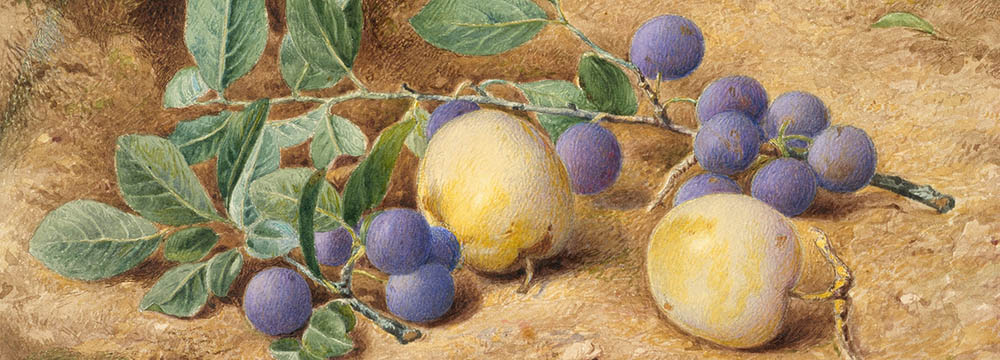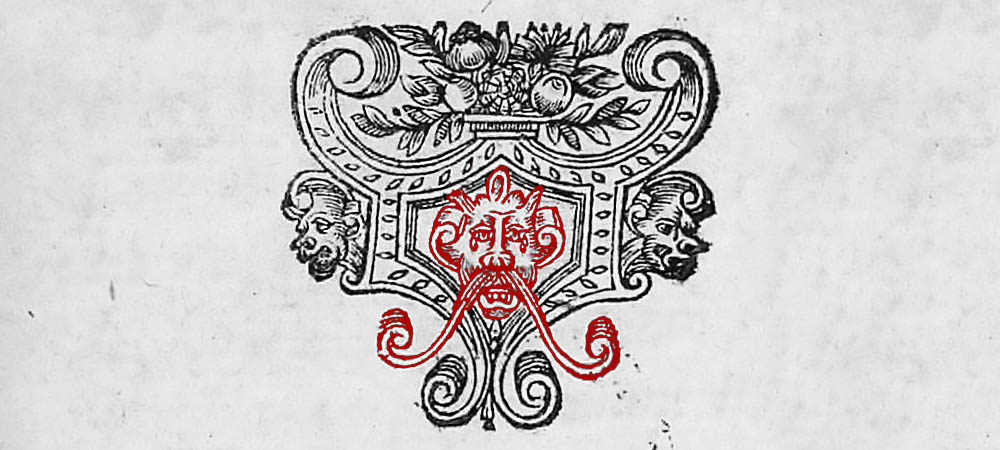Gratitude
Every morning, I write my gratitude. Lest I offend my disgruntled waking eyes, only one small desk lamp illumines the leather chair in my office. I begin by writing the date in Shaeffer red with a fountain pen that I have dedicated to this color. Then I write at least one paragraph in sepia, beginning with the words “I am grateful for…”
I concentrate on concrete, specific goods rather than abstractions such as “peace” or “prosperity.” I am grateful for seeing the brightness on the face of my seven-year-old son as he rides his new bike around the block. I am grateful for the shock of mauve among otherwise still barren trees as I go on my walks and see the first redbuds of the season. I am grateful for the enthusiasm that my children bring to learning French and German, that their education is not something I must force or cajole them into. I am grateful for the savor of creamy white wine sauce mixed with a lemon acidity in the shrimp and pasta dish that my wife so skillfully prepares for our dinner. I am grateful for the stained-glass ultramarine in the mantle of Our Lady which always seems to grab my attention at mass.
I undertake this exercise each morning—whether my sluggish waking consciousness especially feels like it or not—because I have experienced the way that gratitude grounds numerous other virtues in a flourishing life. A day begun in gratitude is a day begun with a humble, receptive stance toward goodness and beauty. Gratitude has a way of melting bitterness, resentment, and depression. Even if one cannot bring oneself to be grateful for a person or circumstance that is giving one trouble, gratitude for unrelated things clears the air of the soul, cutting through and driving away the smog. If you cannot be grateful because it’s the right thing to do, at least be grateful because it will make your day significantly more pleasant.
The stance of gratitude is really a stance toward two things at once: the gift and the giver. First, one must look closely at the gift and take it seriously rather than taking it for granted. One must truly appreciate its goodness, both in itself and in the benefit it brings to one’s life. Hence, the discipline of gratitude is an education in learning to see beauty. Second, gratitude must look to the giver, acknowledging the ultimate source of all good things in their transcendent ground and receiving the present gift in the spirit in which it is given: the infinite love of God. Hence, the discipline of gratitude is an education in responding to love with love.

If it were up to me, gratitude would be one of the cardinal virtues. Out of wisdom, courage, prudence, and justice, I would replace justice because there is a good case to be made that justice proceeds from gratitude rather than gratitude from justice. Justice means giving each thing its proper due. It is the right relation to each. One can think of gratitude as simply a species of this broader category, i.e. that which is due when a gift is given. But I would suggest that flipping that understanding around is the better way (or at least illuminates something profound about gratitude). All things are a gift; all people are a gift. I must first be open to receiving them as a gift and responding with gratitude if I am to have any hope relating to them with justice.
I will be able to treat my son with the justice that a father-son relationship calls for when I first receive him with gratitude, when I stop taking him for granted, when I learn to see the irreplaceable goodness of his person. On this basis, I can determine whether it would be just or not to give him an allowance.
A much more difficult case is justice in the ordinary criminal sense. Can I really begin with gratitude toward a thief? Toward a murderer? I cannot and should not be grateful to the thief for his theft or the murderer for his murder. But I can and should be grateful—although this sometimes requires heroic saintliness—to God for the ineliminable goodness of this person’s existence, a dignity and preciousness that can be effaced by evil but never wholly destroyed. Beginning from this grateful stance toward God, justice toward the criminal (and not least toward his victims) can proceed.
As with justice so with much else in our lives. Beginning from a stance of gratitude, the movements of the other virtues flow in an elegant dance. Without gratitude, however, they become stiff and falter if they do not altogether fail. How can I perform well my calling at work if I am ungrateful for my position? How can a student study well in class if he is ungrateful for the privilege of his education? How can I love well my wife if I am ungrateful for all her inestimable worth?
I am grateful, then, for my fountain pen. I am grateful for the dark brown ink and manila paper in the soft lamplight of the early morning. I am grateful even for the disgruntling of my eyes because that disgruntling pushes my soul into an effort of gratitude that little by little teaches me to see the world aright.
